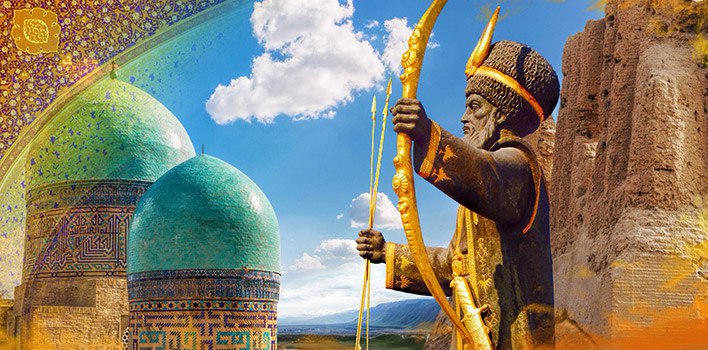The Times of Central Asia spoke with Muhabbat Rakhimova, head of the Uzbek public association for disabled people, Sharoit Plus. We discussed the current situation with disability rights in Uzbekistan, and the country’s entry to the international arena of advocates.
TCA: In your opinion, what is the state of the educational system for people with disabilities in Uzbekistan, today?
MR: In order to develop inclusive education, it is first necessary to make the infrastructure of buildings and educational equipment comfortable, to develop sufficient textbooks, and to provide educational materials that account for the possibility of persons with disabilities. Also, most of our schools were built a long time ago, the buildings have three to four floors, and they do not have elevators. In this case, not all people with disabilities have the opportunity to go and study.
TCA: This month in Tashkent, USAID launched its five-year project called All Children Succeed. The project will be implemented as a pilot program in the regions of Namangan and Syr Darya, and hopes to make school education, teaching materials and teacher qualifications inclusive. Do you think schools in Uzbekistan are accessible for everyone?
MR: According to the next reforms, construction of structures will be allowed only if the buildings are wheelchair accessible, but in many cases, we notice that ramps are inconveniently located. For example, on ramps near the wall, it is not possible to turn backwards or forwards in a wheelchair. In ordinary stores and pharmacies, it is difficult to climb due to the steepness of the ramp; even with the help of two or three people, it’s impossible to climb them. But the presence of a ramp does not mean the infrastructure of the building fully meets the requirements of disabled people. The interior of buildings, rooms, toilets should also be adjusted. In order for persons with disabilities to study and work effectively, it’s necessary to adapt the infrastructure of the buildings.
TCA: What joint projects are currently being implemented in Central Asia to support disabled people?
MR: Central Asian countries don’t have joint projects on persons with disabilities. The Eurasia Foundation of Central Asia organizes educational seminars on this [topic] and invites organizations of the countries of the region dealing with disability issues to them. I think that this is actually a form of cooperation.
In your opinion, are there any advanced international practices that can be implemented in Uzbekistan to help disabled people?
MR: There is a system of independent living centers in the Philippines and Thailand, where a person with a disability learns independent living skills for five to six months. As a result, after returning home this person can live without the support of family members, can live separately from them is they so choose. In order for Uzbekistan to have the opportunity to create this, first of all, we need the desire. For this to happen, the active participation of people with disabilities is a necessity.









